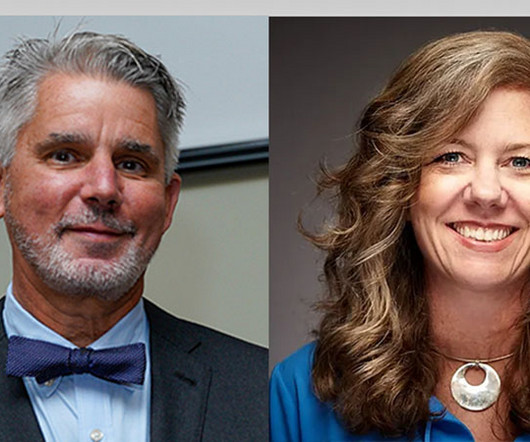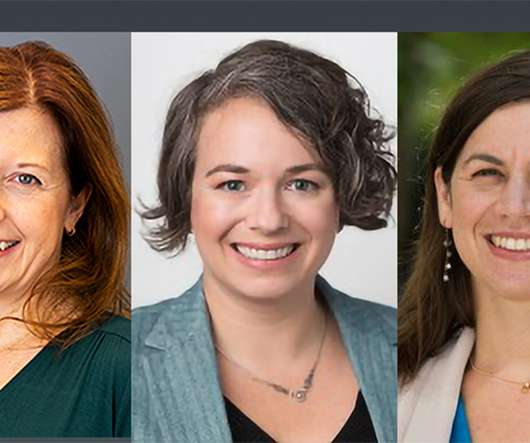PC for People Experiencing Homelessness: Naheed Dosani
GeriPal
MARCH 6, 2025
link] PEACH Good Wishes Program A program that provides meaningful gifts for unhoused individuals who are terminally ill. So we’re going to be today talking about serious illness palliative care in the homelessness population. I’ll just throw out there people with serious illness experiencing homelessness.













Let's personalize your content